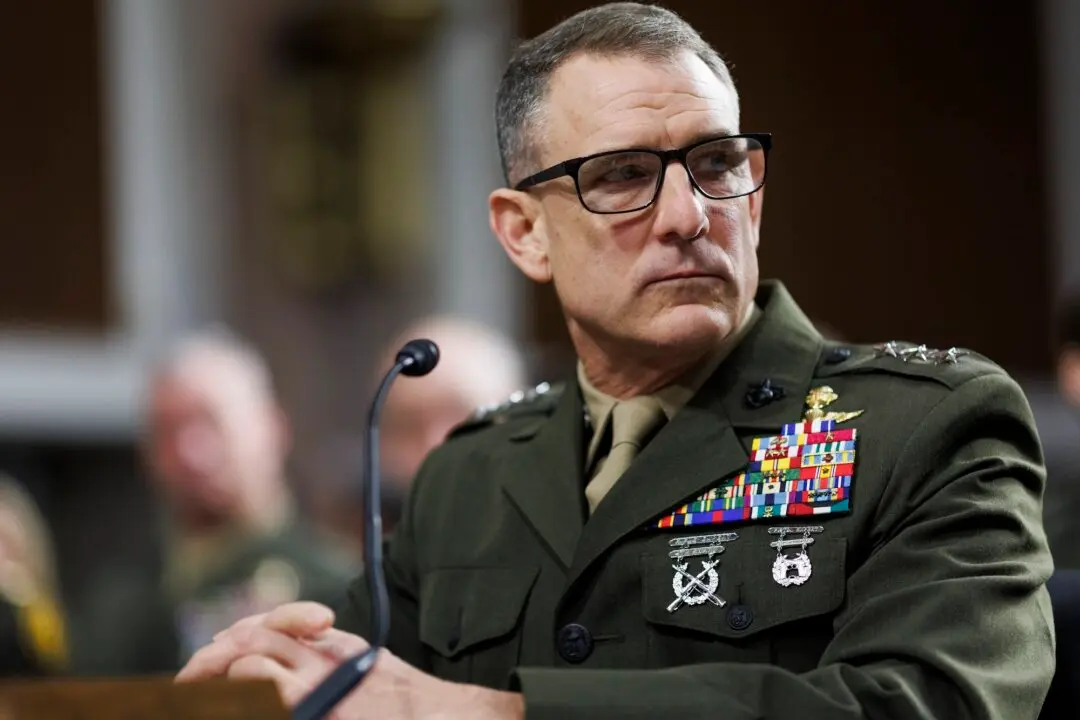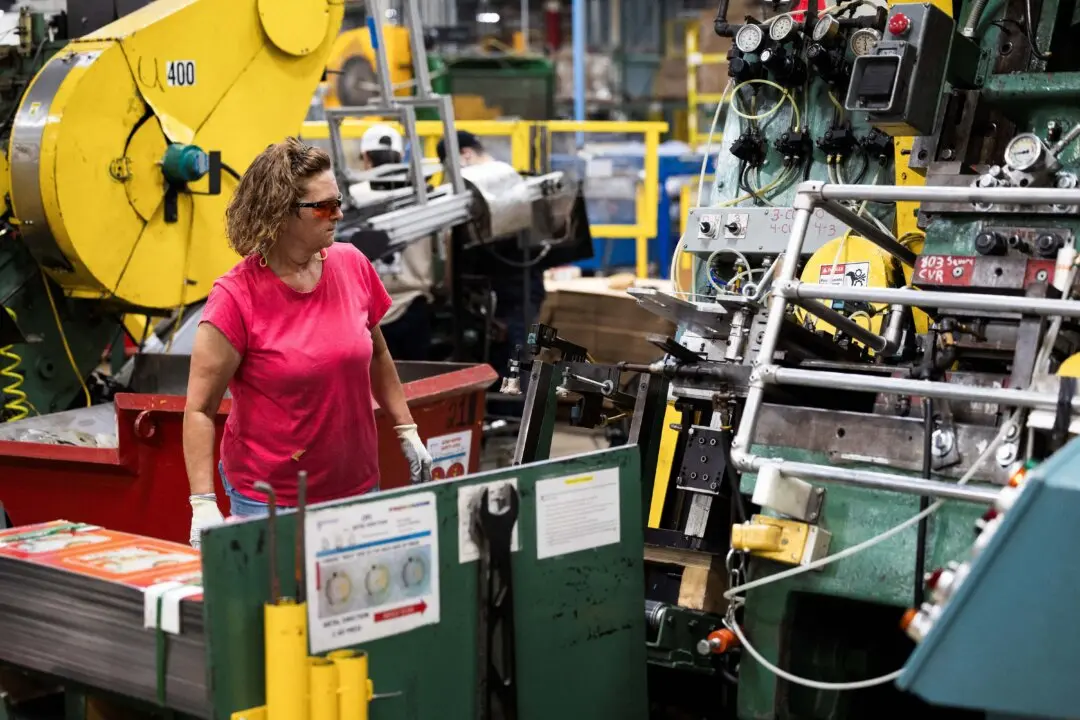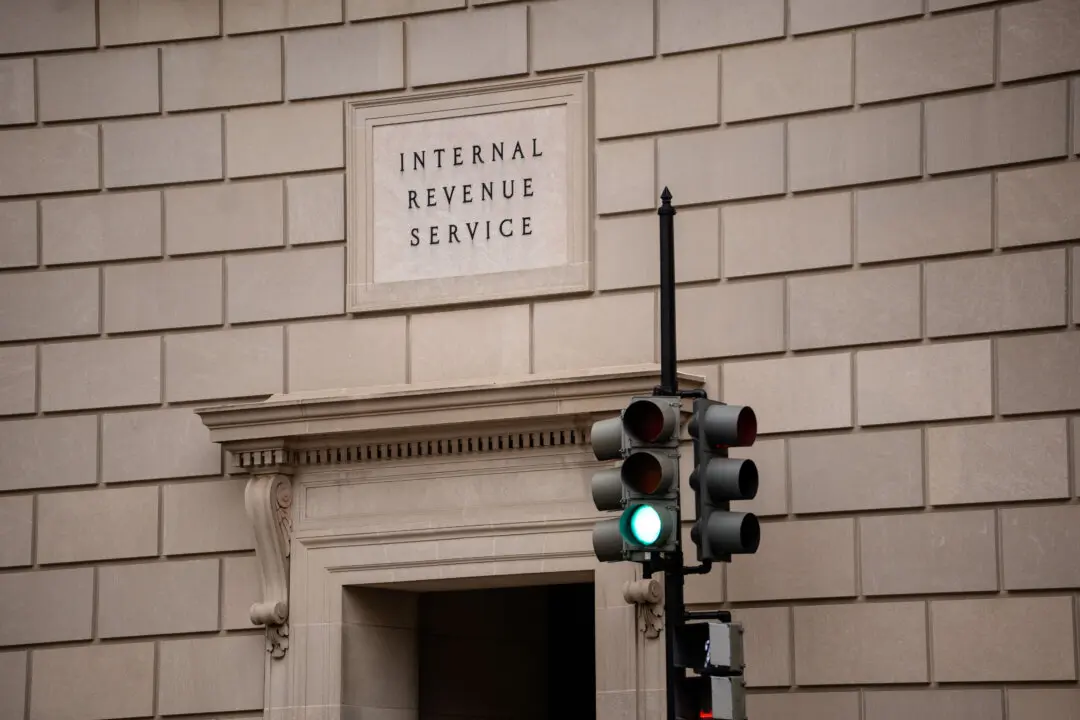The Trump administration plans to buy another 100 million doses of Moderna’s COVID-19 vaccine, according to the Department of Health and Human Services (HHS).
The purchase agreement, announced by HHS in a statement on Dec. 11, will bring the total number of doses of Moderna’s vaccine owned by the federal government to 200 million, with a further option to buy an additional 300 million doses.





